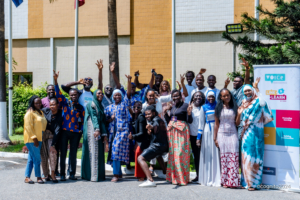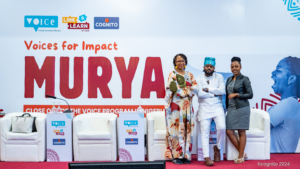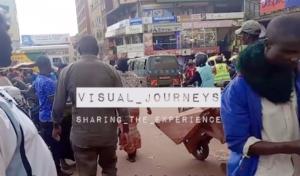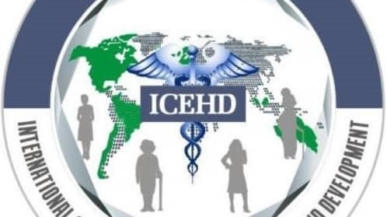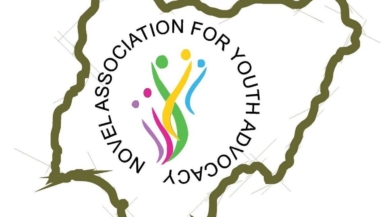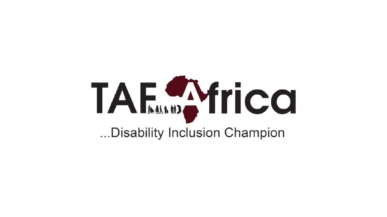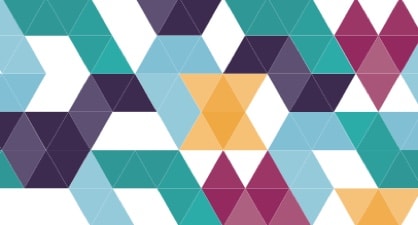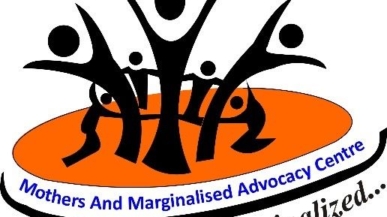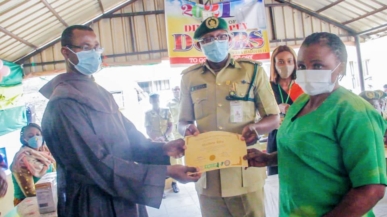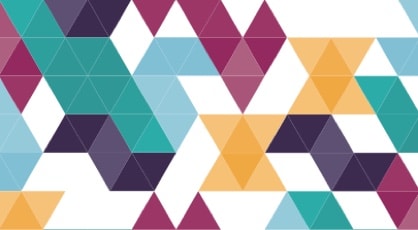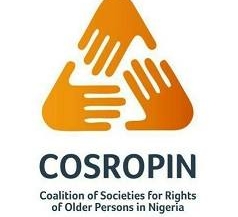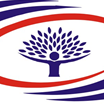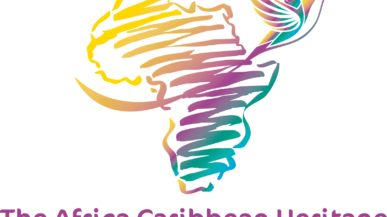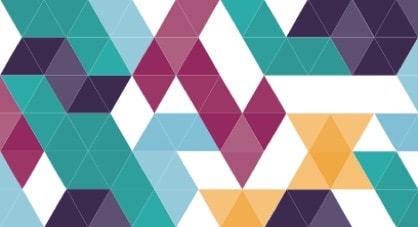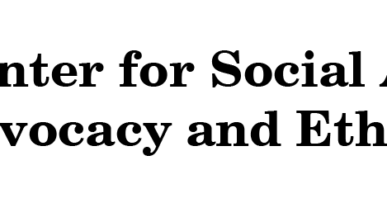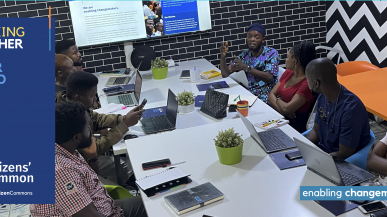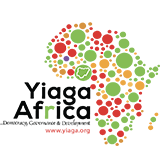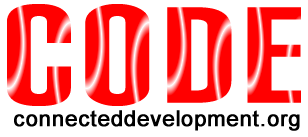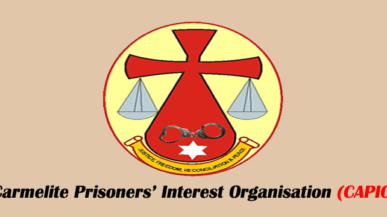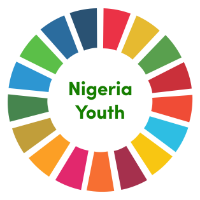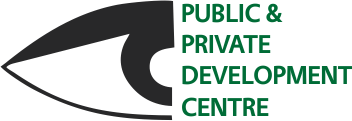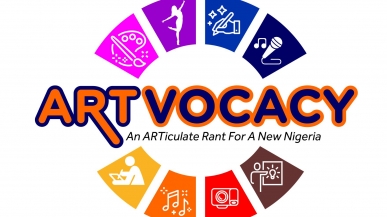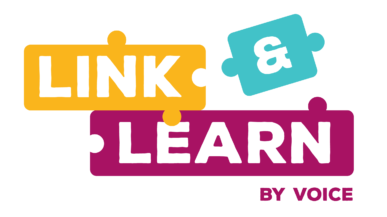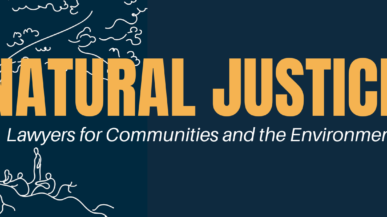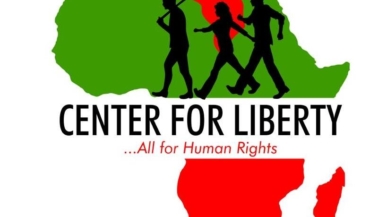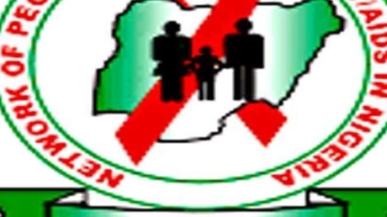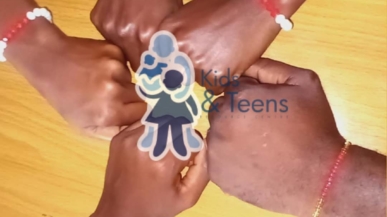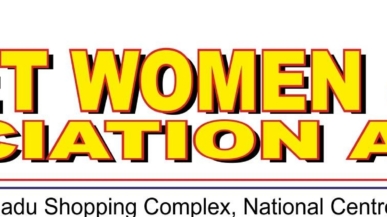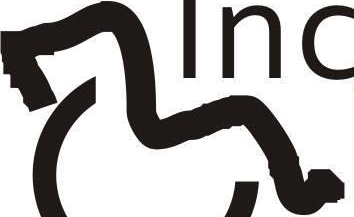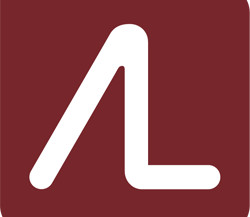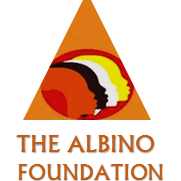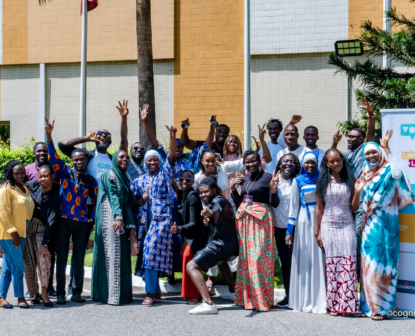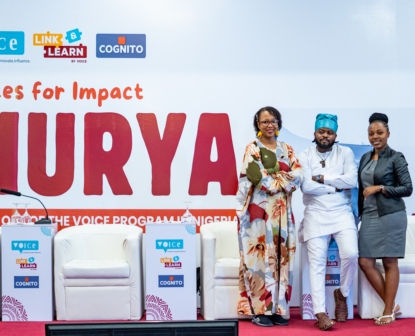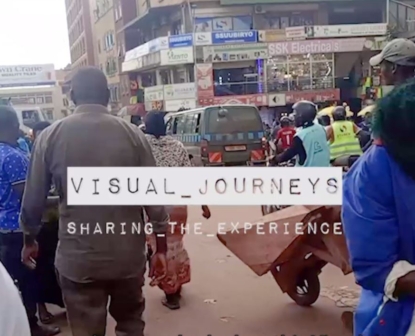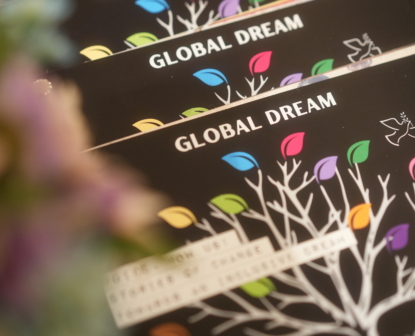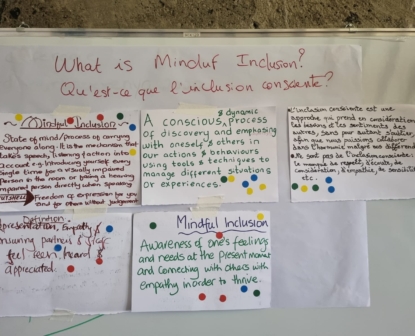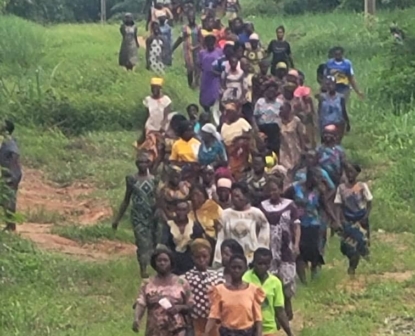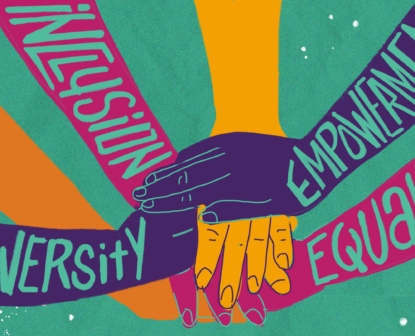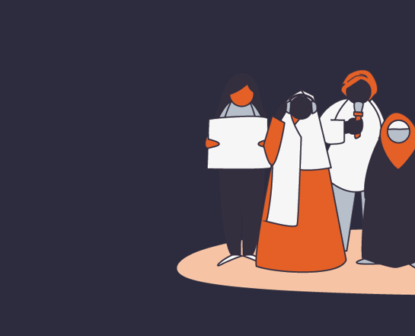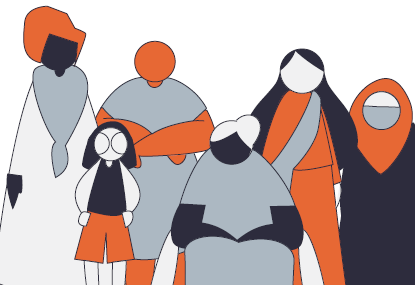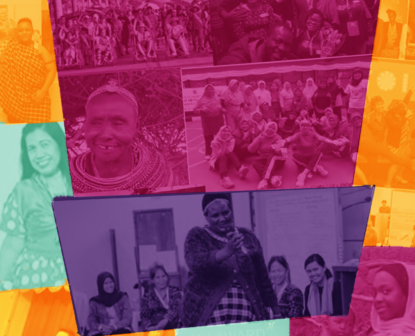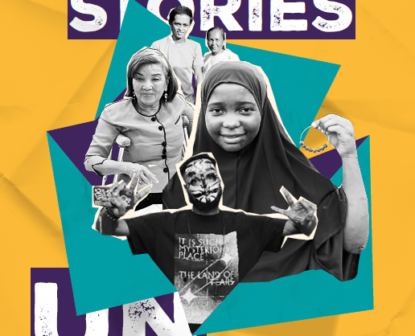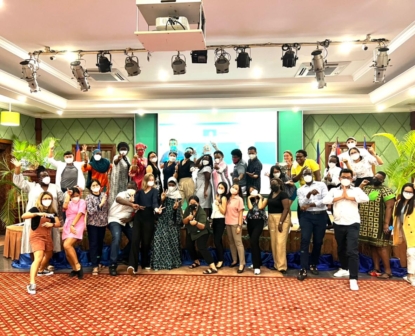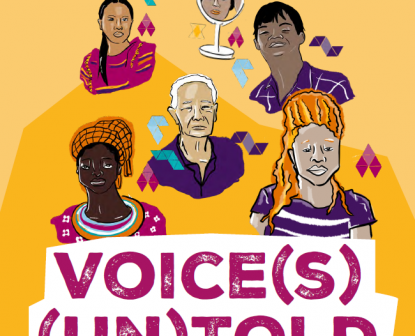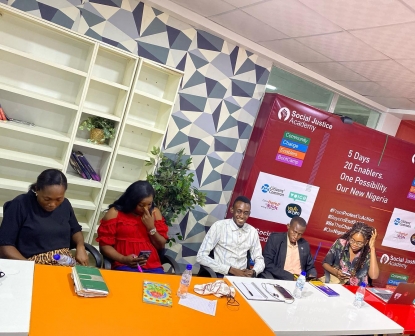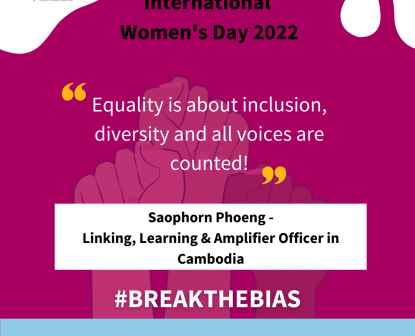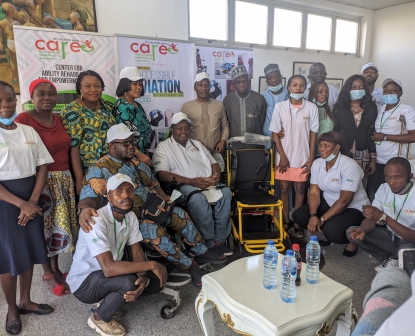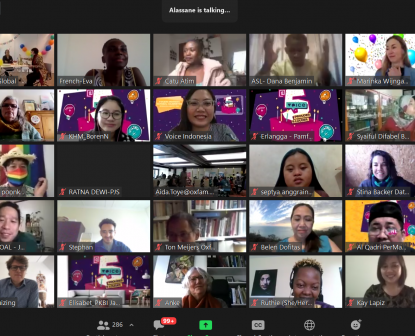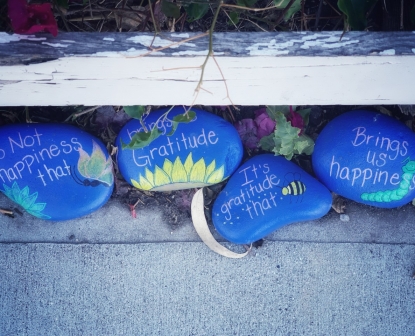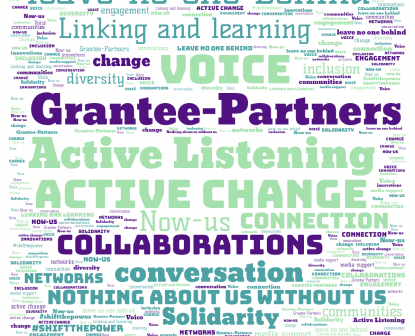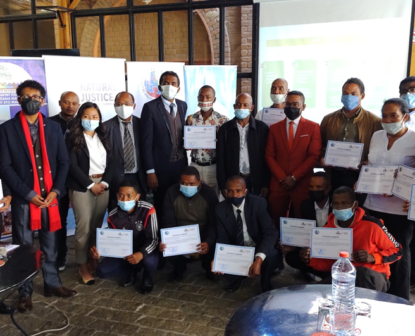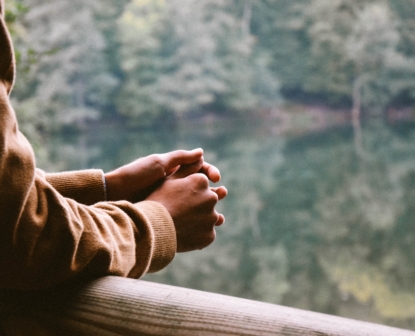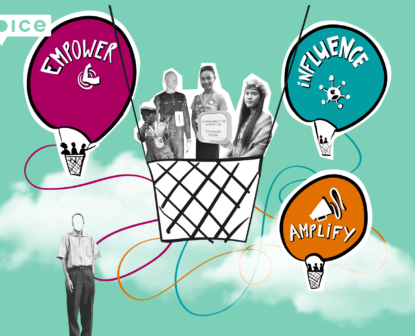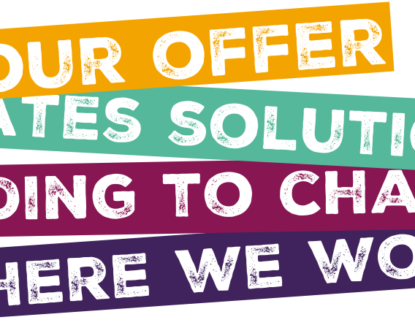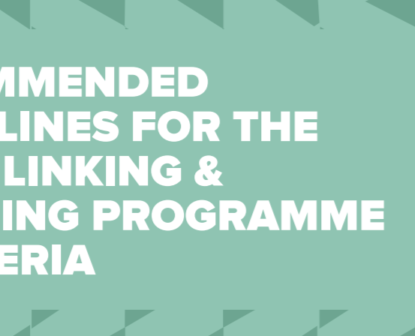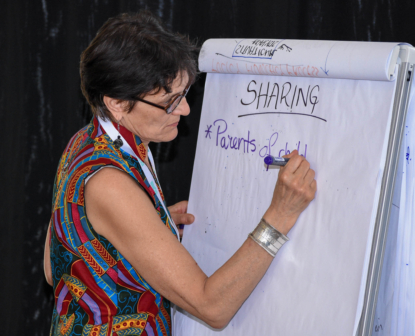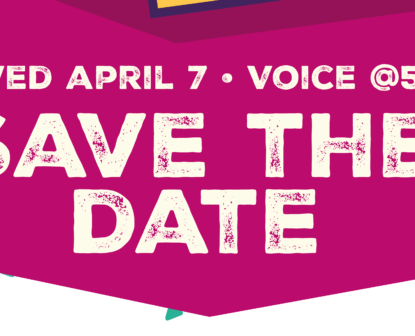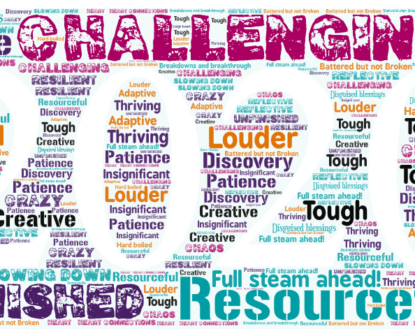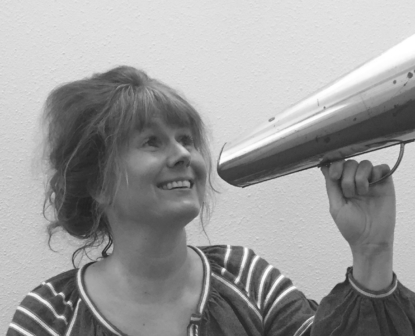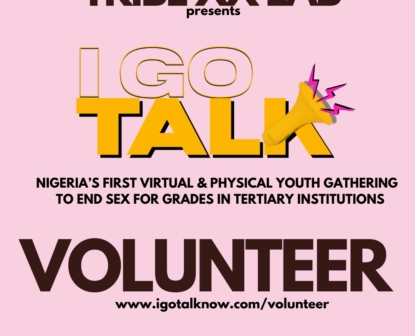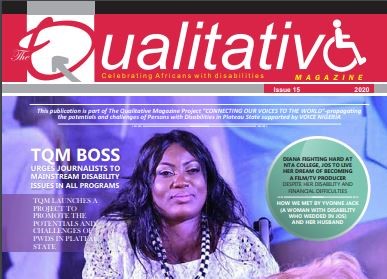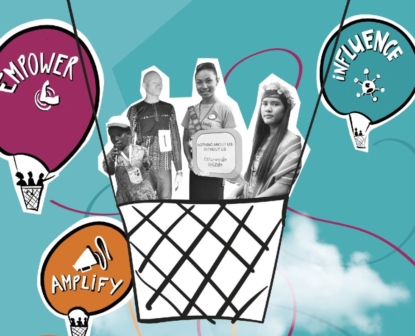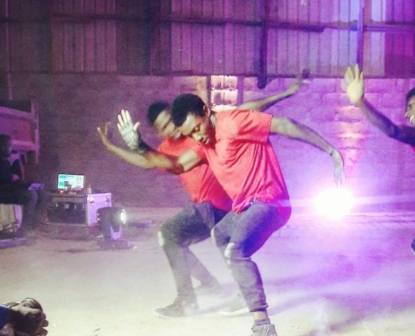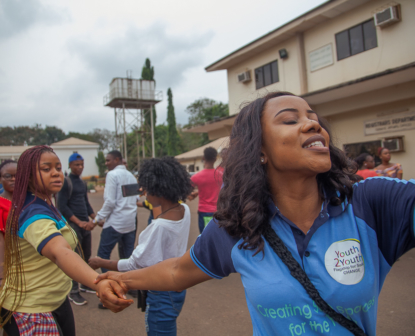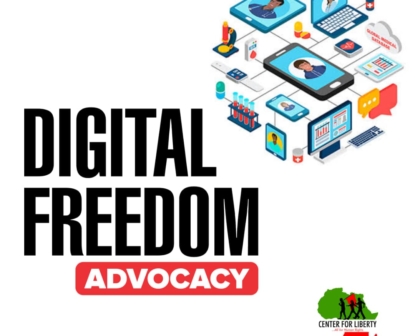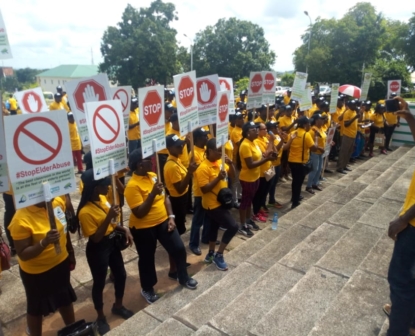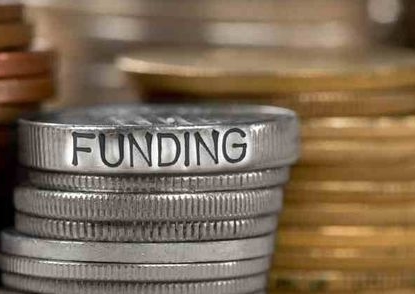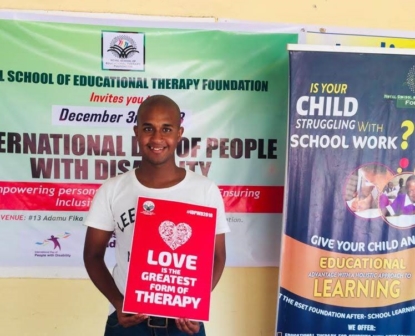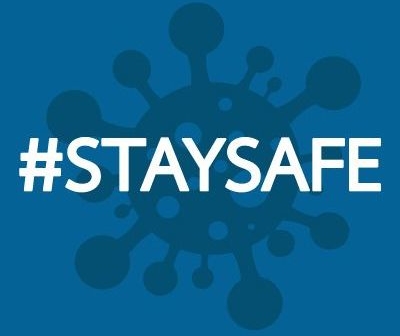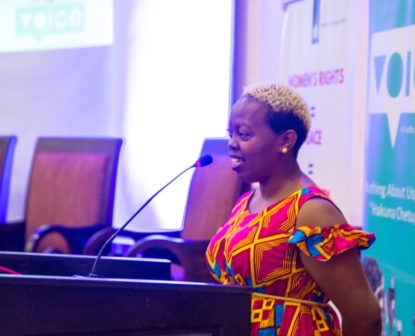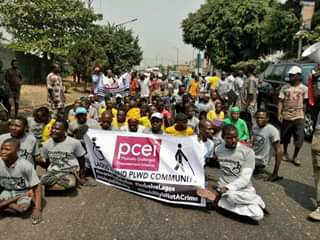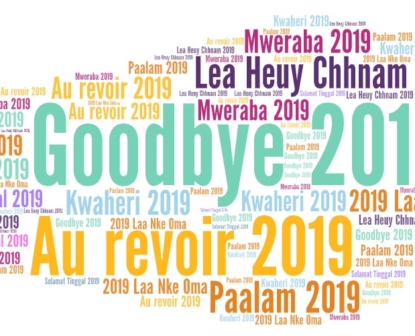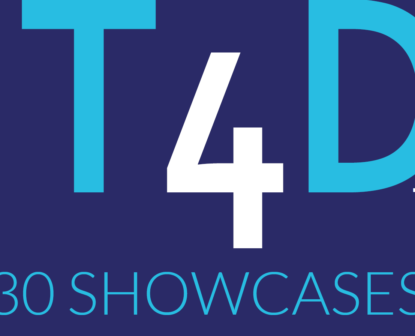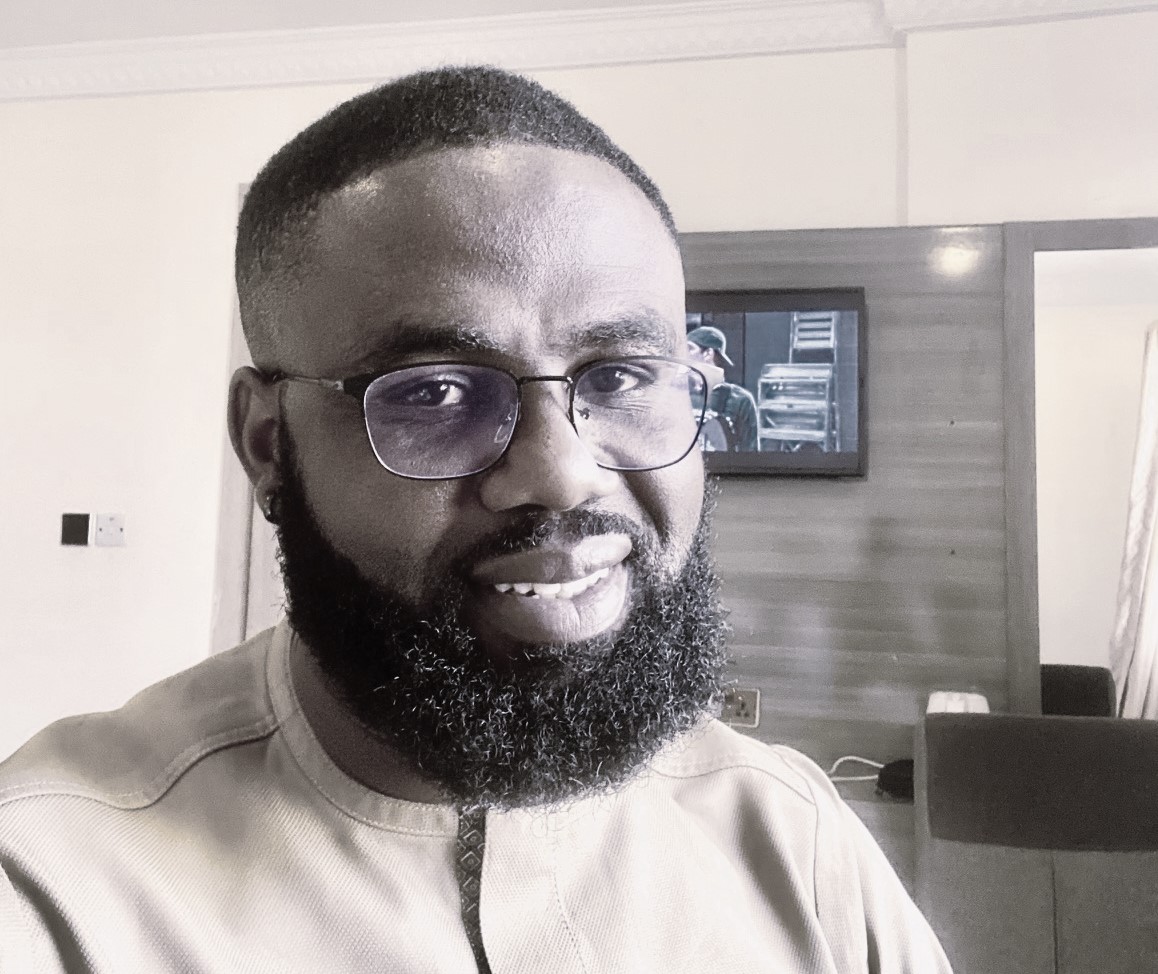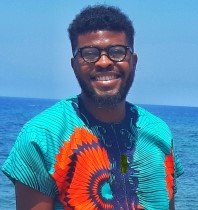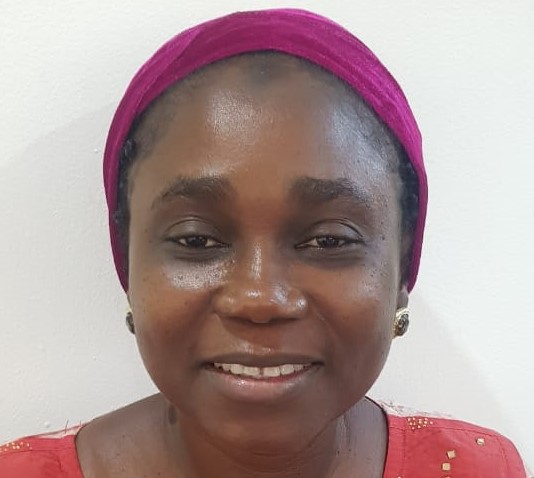
Nigeria
Grant distribution
Latest Voices
Open Calls for Proposals
 26 Empowerment grants
26 Empowerment grants  14 Influencing grants
14 Influencing grants  12 Innovate and learn grants
12 Innovate and learn grants  9 Sudden opportunity grants
9 Sudden opportunity grants -
No Open Calls at the moment in this country. Come back later!
-
“Nigeria is what it is because its leaders are not what they should be.” Chinua Achebe
We live in a rapidly changing world – some changes may be for the better – others not so much. In order to continue to ground Voice in local lived realities, a country context analysis is organised every other year, engaging many stakeholders, grantees and rightsholders. The analysis is used to frame Calls for Proposals, to support the applications of grant-seekers and to advance the overall learnings .Below follows a summary of the exercise conducted in 2022, capturing the many views and perspectives of Nigerians. The summary is structured by presenting the big picture and slowly but surely to zoom in on the voices and aspirations of the rightsholders and to zoom out again by sharing the way forward for Voice. This page can also be downloaded at the bottom of the page. A detailed report is available upon request. Please contact Nigeria@voice.global
Zooming Out
The big picture
-
The Human Development Index is an index that combines data on life expectancy, education, and per capita income to rank countries. Nigeria's ranking between 2015 and 2019 has gone down 6 positions from 152 to 159, putting it in the low human development category.
-
The IHDI measures the human development cost of inequality, or the overall loss to human development due to inequality. The closer to 1 the more equal a society is. The IHDI can inform policies towards inequality reduction. Inequality has slightly reduced between 2015 and 2019 but not yet translated into improved standards of living for ALL Nigerians - on the contrary.
-
The GII is an inequality index, measuring the human development costs of gender inequality economically, health and education wise. The closer to 0 the better. Gender Inequality fluctuated substantially between 2010 – 2019, but recently has taken a nose dive due to rising Gender-Based Violence.
-
According to the independent Civicus Monitor which started in 2016, civic space worsened from Obstructed in 2016-2017 to Repressed in recent years. The main reason is the government's continuous clampdown on journalists and activists; its intolerance to dissent and opposition; and its renewed drive to regulate social media by the National Assembly.
Behind the numbers
The figures above look gloomy but remain the current reality of Nigeria. The reasons are not farfetched, as Nigeria continues to battle corruption, injustice, and insecurity. The Nigerian civic space is rated as ‘repressed’. This is not surprising based on the avalanche of human rights violations, abuse of rule of law, intimidation of journalists, and numerous instances of police brutality against citizens. It should be noted that this dismal rating of the civic space has persisted since the administration of President Buhari. With the general election coming up in February 2023, there is a looming anxiety and uncertainty regarding the fate and safety of the nation. But if there is anything Nigerians are known for, it is their resilience, optimism, and the ability to smile in tough times.
The above table shows continued population growth, and this should be a concern for the Nigerian government because of the dwindling oil resources, which are the major source of revenue for the country. There is no clear action/step taken by the government to plan for the continued progression in population. The fact that a census has not been conducted in the country since 2006 shows the lack of seriousness and transparency on the part of the government. Data is needed for accurate planning, to address issues relating to over-population, and to ensure that decisions of government are backed by evidence. The National Population Commission announced its commitment to conduct a census in 2022, but this remains to be seen as there are no concrete plans to actualise this promise as of mid-2022.
Political shifts
Currently, the Nigerian political space is tense due to the upcoming 2023 general election. However, what makes this election year different, is a certain level of awareness among the public that has transcended voter apathy and many rush to register for their voters’ cards. The “#EndSARS movement” was a campaign that evolved organically from young people in Nigeria in protest of police brutality and bad governance. The movement was brought to a halt by the Lekki Toll Gate Massacre of 20 October 2020 when young Nigerians were brutally and gruesomely murdered by men in military uniform and many young activists were arrested. The government not taking responsibility for the event has led to further distrust against them. This event made the youth determined to get governance right by being more involved in the forthcoming election of 2023.
The year 2022 – which is the electioneering year in preparation for the 2023 general elections – experienced some significant trends, especially among the top two political parties – the People’s Democratic Party (PDP) and the All-Progressive Congress (APC). The presidential form for the ruling party (APC) was pegged at a 100 million Naira. Many believe that this was done to ensure that a few political elites represent the party at that level. To worsen the situation, Alhaji Bola Tinubu emerged as the presidential candidate of the APC. He is figured to be one of the politicians involved in the Lekki Massacre of 2020, believed by many as having looted the treasury of Lagos State, and considered medically unfit to hold any political office.
Similarly, the PDP started their primaries by frustrating credible candidates out of their party. Peter Obi was one candidate that young Nigerians looked up to, but he left the PDP for the Labor Party before the primaries, citing ‘recent developments in the party’ as his reason. He came up with one of the most popular quotes in Nigeria today – ‘We no dey give shishi’ which simply means ‘We do not give anything for bribe’. The PDP primaries was marred by corrupt practices and the public understand the decision of Peter Obi to leave the party.
Economic shifts
The Nigerian economy is heavily dependent on oil, a sector bedevilled by age-old corruption. Nigeria recorded her highest rate of inflation ever, in 2021 at approximately 17%. The country exited a recession in February 2021, but prices of basic commodities and food continue to sky-rocket. Nigeria is currently going through an array of security crises ranging from the Boko Haram terrorist group to banditry, armed herdsmen, and civil unrest by the Indigenous People of Biafra (IPOB) separatist group.
Activities of these groups affect the local market in varied ways and have a de-marketing consequence on the Nigerian economy in global markets and trade. For instance, there are constant attacks on farmers by herders in Benue state, which is known as the food basket of the nation, and most of the Northern agrarian states are affected by Boko Haram terrorist activities. Moreover, the arrest of Nnamdi Kanu, the leader of the IPOB by the Nigerian government on account of treason, led members of the IPOB to enforce the “stay at home” observance every Monday, in the entire region. This means no movement, businesses, or commercial activities every Monday, in the south-eastern region of the country. All of these tranlate to untold economic hardship among the vulnerable rightsholder groups that Voice serves.
It is not ‘all gloomy’ for Nigeria, as this update also notes some positive developments one of which is the N-power programme. The programme aims at providing employment and social development opportunities for young people. Under the programme, unemployed graduates can earn 30,000 Naira monthly to engage in social endeavours that can also strengthen their capacity. Furthermore, social media continues to trend as young Nigerians are earning a living by being content creators and carving out a career as influencers via social media.
Social shifts
Nigeria is a multi-religious and ethnic diverse nation. Diversity is appreciated mostly in her culture, but this has also been a dividing factor in the country, particularly within the social space. The previous 2 years have witnessed varied social developments that tend to question the social existence of Nigeria as a nation:
- Ethno-religious Intolerance and its Social Consequences: The recent killing of Deborah Samuel – a young female Christian student – by a mob of angry Muslim youths, for expressing herself via the WhatsApp platform in a way that was considered blasphemous. Other cases of intolerance include a group of bandits that attacked a catholic church in Owo community of Ondo state recording scores of deaths, the killing of a northern woman and her 4 infants in Anambra State of southern Nigeria, and communal clashes between Fulani cattle herders and indigenous people that persist in various part of the country and are currently spreading wider.
- Gender-Based Violence (GBV): Recently, a popular female gospel artist called Osinachi was allegedly killed by her husband. He is still under trial. GBV is still an acute problem in society. However, progressive developments are also recorded in terms of leadership roles and responsibilities for women in households.
- Acceptance and Recognition for LGBTI persons: There is an increase in the number of queer celebrities in the country who are pushing the boundaries of gender through art, performance and fashion primarily through social media. One such person is James Brown, the “Princess of Africow”, boldly releases content on social media that has appealed to young people. Another celebrity by the name “Denrele” has gained popular acceptance in the country, becoming the major brand ambassador for a hair extension company.
- The ‘Japa’ Plan: This plan is currently a popular slogan that means ‘strategic plan to leave Nigeria’. There is a mass exodus of young people leaving the country in search of “greener pastures” abroad.
(Invisible) power shifts
The key events shaping the Nigerian context within the previous 2 years include:
- The electioneering process – particularly the outcome of the primaries of the two major political parties in Nigeria – revealed to Nigerians the selfish nature of the political elite in the country.
- The #EndSARS movement and the resolve of Nigerian youths to fight back, speak up against bad governance, and demand more accountability from the government. The ‘Japa’ Plan remains a better alternative for every young Nigerian – a sign of giving up on the country and its leadership.
- The worsening security situation in Nigeria, as apart from the Boko Haram terrorist group, Nigeria is now home to many other dangerous groups such as Fulani herdsmen, unknown gunmen, bandits, and the IPOB. A lot of these groups emerged because of religious intolerance and non-inclusivity in government. Unfortunately, the current administration shows little to no interest in uniting Nigeria or addressing gaps leading to the insecurity.
- The economic hardship is biting deep on Nigerians, as prices of basic commodities continue to skyrocket, inflation met its worst level ever, and the debt profile of the country keeps rising. Insecurity is threatening the agricultural sector and constant electricity power failures threaten the micro-economy. Long queues at gas filling stations are unending and there seems no solution to address the subsidy corruption within the petroleum industry. Young under-graduates are plagued by academic strikes fuelling their desire to have a ‘Japa’ Plan for “greener pastures” abroad.
The picture looks bad, but there are also progressive developments, such as using fashion defying gender norms as a means of expression and a means of economic empowerment, the uprising of young people, and shifts in gender roles. And with the passage of the Disability Act and intensified efforts of Civil Society Organisations (CSO), there seems to be a better understanding of disability issues in Nigeria today.
Covid-19 related shifts
One of the notable impacts of COVID is economic recession for many countries including Nigeria. The International Monetary Fund (IMF) has stepped in to help through loans. Unfortunately, these loans came with instructions that push for and/or encourage austerity measures as an economic solution for the post-COVID recovery period. Nigeria is one of the countries that not only took the loan, but also took steps to align with the IMF-proposed austerity measures. This can be seen in the increase in Value-Added Tax (VAT) and many other fiscal policies of the government. What this has done is deepen the gap of inequality in Nigeria and the West African continent. Oxfam Nigeria is one of the few organisations that has spoken up against these measures and the need to bridge the gap of inequality. According to the Commitment to Reducing Inequality Index (CRII) of 2021, Nigeria fared poorly amongst other nations in Africa.
It is also important to look at some progressive developments recorded in the post-COVID period. One of the ‘new normals’ brought by COVID is the virtual world and its intricacies, including economic opportunities for young Nigerians – particularly in the areas of content creation and other tech-related skills such as UI/UX, graphic designs, web development, and so on. These jobs enable young people to work either remotely or freelance. Another area of interest is the e-commerce industry, especially around cryptocurrency, stock, forex, and Non-Fungible Tokens (NFTs). Many young people with disability are now able to work remotely and earn a living from the comfort of their homes.
In the area of programming, Voice grantee partners and CSOs were affected within the post-COVID era, particularly with regard to logistics and planning. Larger halls or splitting participants into smaller groups and COVID kits had to be provided to adhere to protocols to conduct project activities. All these have budgetary implications on projects, the grantee partners, and Voice.
Shifts in policy design and implementation
There have been several interesting developments within the Nigerian policy space, that have shaped and are shaping the country’s context:
- A Twitter ban was instituted from 4 June 2021 to 13 January 2022 by the Nigerian government. The ban was because a tweet from President Buhari threatening to punish regional secessionists was taken down by Twitter.
- Within the period under review, cryptocurrency transactions had their own share and this was followed by a ban on foreign stocks by the Securities and Exchange Commission, a decision that denied mostly young people legitimate ways to enrich themselves online.
- On 16 August 2021, the Nigerian government signed the Petroleum Industry Act, consolidating over 20 years of advocacy efforts for more progressive petroleum industry in Nigeria. This act will address legitimate grievances of indigenous host communities most impacted by extractive industry activities.
- Senator Nkiruka Onyecheocha sponsored a bill to amend the constitution to create more space for women in politics, but it was denied.
- Moves were made to amend the ‘Same-Sex Marriage Act’ for the sole purpose of adding cross-dressing as one of the offences punishable under the Act. The proposed amendment allows cross-dressing when it is purely for entertainment purposes.
- The implementation of the Violence Against Persons (Prohibition) law was signed in 2015, and since it was signed into law, only 20 out of 36 states and Yobe state (signed in April 2022) have assented to it.
Voice Nigeria grantee partners policy efforts: Since the passage of the Nigerian Correctional Service Act (2019), the implementation by authorities is still a struggle. This is an issue being addressed by CAPIO. Also, the Disability Rights Advocacy Center (DRAC) made tremendous contributions to the National Policy on Sexual and Reproductive Health and Rights, focusing on women with disability. Furthermore, on 10 February 2021, the Federal Government approved the National Policy on Ageing for Older Persons in Nigeria.
Zooming In
Voices behind the picture
Vulnerable Elderly: Non-payment of pensions affects the elderly, economically and mentally. The economic impact is obvious, but the mental aspect is as overwhelming and often unseen. Access to health also remains a big concern for the elderly, especially for those from poor homes and/or indigenous communities.
Vulnerable Youth: The awareness of youth on political issues has increased as seen from social media engagement, but there is a gap in actual active participation in elections due to voting apathy based on insecurity and electoral violence, the notion that Youth ‘Vote Don’t Count’, poor political/civic education, and voter disenfranchisement. Economic hardship is also a key effect, as despite the large proportion of youth in Nigeria, young people are nevertheless plagued with poverty, unemployment, and so on. Key effects in terms of social factors include the increase in GBV that persists mostly because of family orientation and culture, the Academic Staff Union of Universities (ASUU) strike continuing for over 5 months now, and religious and tribal differences.
Indigenous Groups and Ethnic Minorities: Politically, they feel excluded, as the political elites in Nigeria do not represent indigenous people. Thus, while the APC and PDP primaries are making headlines for their choice of representatives, indigenous people are more interested in direct representation by their people. Economically, most indigenous communities depend on their farmlands for sustenance. Unfortunately, insecurity and communal clashes were noted to cause rifts in the period under review. This also means that their means of livelihood are adversely affected. Socially, the major social factor affecting indigenous people is ethnoreligious clashes, which breed insecurity that mostly affects rural and indigenous communities. In addition, it must be noted that health care facilities are also a big concern for indigenous people.
LGBTI People: The Same-Sex Marriage (Prohibition) Act, signed into law in 2014 is still in effect, with the penalty for offenders being 14 years Imprisonment. Harsh economic realities in Nigeria affect everyone and the LGBTI community more, as they were already excluded economically before the current economic crisis in Nigeria. From a political and policy perspective, the move by the house of representatives to introduce a ban on cross-dressing is a further step-back on the advocacy for the inclusion of the LGBTI community.
People with Disabilities (PWDs): Like other Nigerians, PWDs also lost their businesses and jobs during COVID and are struggling to find other means of sustenance due to the economic situation in the country. The opportunity to work virtually during and post-COVID helped the PWDs to enhance their digital skills. As for economic impact, the Disability Act made provision for 5% job opportunities for PWDs, but the implementation of this Act is far from being realised. The social protection program of the government – such as N-Power and Trader Money – did not make deliberate efforts to include the PWD community. As for political impact, the inclusion of the disability community in the forthcoming election is not well articulated, and there are no plans to take care of the special needs of PWDs during voting. At the party level, it must be noted that APC, ADC, and the Labour Party recently included PWDs within their party leadership.
Women facing Exploitation, Abuse and/or Violence (WEAV): Nigeria is currently going through a lot of security challenges around terrorism, banditry, and so on. In these violent attacks, women are usually raped and kept in the custody of these violent groups. When they are in captivity, they are forced into unwanted unions, to help procreate more children for their captivators. The case of Chibok girls still lingers – recently, 2 of the girls returned with children. It has been noted that GBV is high as evidenced by the death of gospel artist Osinachi. Politically, there is a decline in women’s representation in governance and this might get worse with the coming administration. None of the 3 major political parties considered including a woman as their presidential or vice-presidential candidates in the forthcoming election. Economically, the current economic hardship in the country puts more pressure on women, as they now must go the extra mile to keep the family afloat with limited resources available within the home. On another note, COVID introduced virtual working, and this has been rewarding for many women who now work from home, earning a living while also taking care of the house.
Their aspirations
Vulnerable Elderly and Youth: For the elderly community in Nigeria, improved quality of life is desired, and this links to all facets of life. Specific areas noted during the validation workshop are:
- Increased knowledge and awareness on elderly issues.
- An improved healthcare system with ease of access.
- Social protection framework.
- Social inclusion.
- Intergenerational activities with the younger generation.
- Professional training of caregivers to give proper care to the elderly.
The aspirations of youth include:
- Involvement in the upcoming election through increased voter education and strengthened capacity on security during elections.
- Promote changes within the Nigerian electoral space to accommodate more young people in politics.
- Youth empowerment through skills acquisition programs and entrepreneurship opportunities.
- Youth leadership and strengthened capacity for social accountability, peacebuilding, and so on.
- Facilitate dialogue with Federal Government, on academic strike.
- Promote projects addressing toxic masculinity.
- Advocacy for digital inclusion and empowering youth on digital skills.
Indigenous Groups and Ethnic Minorities: Aspirations of Indigenous groups include participating in politics to be able to secure social amenities and employment for their people. They believe that they are not getting what is due them due to political exclusion. Most indigenous groups are already internally displaced. They hope for changes in the security situations so that they can return to their usually agrarian and other economic activities. Specifically, they aspire for the following:
- Direct representation of their community at every level of government by their own indigenous representatives.
- Scholarship opportunities to help their children to go to school and get a quality education.
- Opportunities to market indigenous products both locally and internationally to boost their local economy.
- Access to justice and an end to discrimination.
LGBTI People: The aspirations of the LGBTI community in Nigeria centre around acceptance, inclusion, respect, and dignity:
- A Nigeria where same-sex marriage is no longer illegal, the LGBTI identity can be owned, support is provided for health, economic and social expression, and travel overseas to a country where LGBTI persons are welcomed, and their expression is not criminalised.
- The pursuit of “Happiness” and freedom to choose.
- More support from the international community and development organisations to advance inclusion and diversity.
- Create awareness and educate people to promote attitudinal change around the LGBTI community.
- An immediate call to action and advocacy to stop the Bill of Cross Dressing in the National Assembly.
- Access to healthcare for the LGBTI community, because they fear visiting regular healthcare facilities. Thus, possibly specialist hospitals for LGBTI persons and capacity building of healthcare providers to be more affirming and friendly in-service provision.
- Approach LGBTI rights as a human rights issue, beyond an issue of sexual rights.
People with Disabilities (PWDs):
Paramount in the demands of the disability community is inclusion in governance and the focus is the upcoming 2023 election and beyond. The points below highlight PWD aspirations:
- Redesign and review the social protection programs or post-COVID intervention programs and ensure inclusion of disability organisations. This will ensure the principle of ‘Nothing about us without us’.
- Action from the government to implement the 5% employment policy for PWDs in the public sector, and section 29 of the Disability Act to extend the 5% employment commitment for PWDs, to the private sector.
- More capacity building of PWDs on leadership and self-esteem.
- Adequate funding of the National Commission for Persons with disabilities (NCPWD) to ensure effective implementation of the Disability Act.
Women facing Exploitation, Abuse, and/or Violence (WEAV):
- Protection against and an end to violence.
- Economic empowerment and space for political participation.
- Stop the victimisation and stigmatisation of survivors of violence, the end to ‘victim blaming’ that is prevalent in Nigeria. This also promotes the culture of silence, so both must be tackled to ensure protection of survivors.
- Indigenous women facing abuse and violence aspire to have a safe space where they can share what they are going through.
- Opportunities to be within the decision-making spaces in the community, and also more access to farmlands.
Emergent collaborations
Collaborations with Religious Bodies: There has always been some form of collaboration between religious bodies and CSOs, but this might go a bit deeper to address some gaps noted within the context. For instance, Osinachi’s death shook Dunamis Church, and the founding pastor was called out on various social media platforms, for the way they handled the marital case. This founder took time to explain what they know about the relationship and events leading to her death, but many nevertheless continue to blame them. As a result, many churches used their platforms to address GBV, encouraging their followers to take the decision of getting separation, even if they do not want to consider divorce. This is big shift in the way religious bodies approach marital/spousal violence and opens an opportunity for sustained collaboration between religious institutions and the CSOs in tackling GBV.
The harsh economic and security realities in the country push citizens closer to their churches for either livelihood, safety, or mental support. The pressure is becoming enormous on the churches and opening the mind of these religious leaders to seek for answers, to demand accountability from the government, for failing to shoulder their responsibilities which are now being pushed to the churches. It is hoped that this would pave way for strategic influencing collaboration between the churches and CSOs.
Collaboration with Private Sector: The post-COVID period opened doors for economic opportunities for many Nigerians and this added value to the private sector. The need to protect and defend the digital space is therefore becoming a collective responsibility for both the CSOs and private sector actors. It is hoped that this will spur the private sector actors into action, to join CSOs in any policy efforts of the government to shrink the civic space, for instance, around the social media bill.
Zooming out
What does this all mean to Voice?
Nigeria is going through a lot, ranging from political blunders to economic recession, ethno-religious crisis, insecurity, brain drain, and so on. At the middle of all this are the rightsholders. It is therefore a call for Voice to intensify efforts in Nigeria. These efforts would heavily remain within the influencing space, thus more capacity building, advocacy and sensitisation. This is because demands of rightsholders are more around the need to be better coordinated, to use their voices more, to make demands for more transparency, accountability, and inclusion.
Thus, the Voice program is apt to address the gap within the context. The fact that these are the key strategies of Voice programme since 2016 when it launched in Nigeria does not undermine the efforts of the program as tremendous progress has also been made. Grantee partners of Voice have recorded a lot of progress with the PWD community, within Nigerian prison system, for the elderly and young people, but also acknowledgment must be made that the economic and political events recorded within the context for the period under review are unprecedented. Thus, reinforced energy and strategy are required.
The context also reveals the need for economic empowerment particularly for young people. This could stretch into service delivery which is not within Voice’s ways of working. However, it is a gap that reoccurs within every context update in Nigeria and therefore, merits further investigation.
Fostering change
There is a lot of buzz around the forthcoming 2023 general elections in Nigeria and it took centre stage at conversations during the validation workshop for this context analysis update. Nigerians sincerely believe that the election will determine and rewrite the history of the country. It is therefore a great opportunity for Voice to engage and deepen their influencing work in Nigeria. This will also align with Oxfam Nigeria’s efforts towards becoming an influencing hub for Africa. Nevertheless, more work is expected after the election, and Voice must position itself to mobilise and coordinate grantees’ efforts more strategically, to engage and demand for better governance and more inclusive society. Voice has invested in capacity building for the past 5 years of grant making in Nigeria. Now is the time to start using these capacities built, to engage, to mobilise and to act. Immediate areas to focus would be the tracking of the promises of the elected both at federal, state and local authority level.
Further areas to deepen after the 2023 elections would include:
- Holding government accountable through budget monitoring as this will address both corrupt practices and economic distress in the country.
- Holding government accountable for human rights abuses against the rightsholders of Voice, particularly violence against indigenous groups in Nigeria.
- Playing key role in the inequality campaign of Oxfam. The work of Voice is heavily hinged on inclusion which transcends to inequality. Since this is an existing campaign within Oxfam, Voice Nigeria would like to get more involved in the campaign and the annual inequality report which creates a lot of buzz in Nigeria and beyond.
-
-
Grants

-
Grantee
![Badagry Women Empowerment Project]()
Badagry Women Empowerment Project
International Center for Environmental Health & Development (ICEHD) -
Grantee
![Accountability for Change (A4E) Project]()
Accountability for Change (A4E) Project
Mothers And Marginalised Advocacy Centre (MAMA Centre) -
Grantee
![Access to Self Reliance for Female Inmates]()
Access to Self Reliance for Female Inmates
Association of Female Inmates and Returned Citizens (AFIRC) -
Grantee
![Reclaiming our Future]()
Reclaiming our Future
Centre for the Advancement and Protection of the Rights of Vulnerable Persons (CAPRIGHTS-VP) -
Grantee
![Older Persons’ Hang Out]()
Older Persons’ Hang Out
The Coalition of Societies for the Rights of Older Persons in Nigeria (COSROPIN) - Call for Proposal
Strength in Diversity: Standing up for LGBTI rights in West Africa: V-20153-XG-IF
closing date: 31 Aug 2022Closed -
Grantee
![No Dey Give; Follow Traffic Rules]()
No Dey Give; Follow Traffic Rules
Youth and Students Advocates for Development Initiative (YSAD) -
Grantee
![You Matter in This Matter]()
You Matter in This Matter
Youth Foundation for Development, Education and Leadership (YouthHub Africa) -
Grantee
![Know Your Right to Fight Police Brutality]()
Know Your Right to Fight Police Brutality
Foundation for Societal Empowerment and Rejuvenation (FOSER) -
Grantee
![Connecting Voice(s) in Nigeria II]()
- Call for Proposal
Celebrating Inclusion: Nigeria Innovate and Learn Grant V-20160-NG-IL
closing date: 01 Mar 2021Closed -
Grantee
![Digital Freedom Advocacy]()
Digital Freedom Advocacy
CENTER FOR ADVANCEMENT OF CIVIL LIBERTIES AND DEVELOPMENT, AKA CENTRE FOR LIBERTY (CFL) - Call for Proposal
Beyond A Hashtag!: Nigeria Sudden Opportunity Grant V-20156-NG-SO
closing date: 31 Dec 2021Closed - Call for Proposal
Coming Together, Moving Forever!: Global Influencing Grants V-20152-XG-IF
closing date: 15 Jan 2021Closed - Call for Proposal
It’s Still Our Turn To Talk! Global Influencing Grant V-20151-XG-IF
closing date: 15 Dec 2020Closed - Call for Proposal
Voice(s) Connected & Amplified in Nigeria: Linking & Learning Facilitation V-20144-NG-IL
closing date: 06 Dec 2020Closed -
Grantee
![Quality living by People Living with HIV & AIDS in Plateau State]()
Quality living by People Living with HIV & AIDS in Plateau State
Network of People Living with HIV and AIDS Nigeria (NEPWHAN) -
Grantee
![Empowering Incarcerated Women/Girls towards Self-reliance & Rehabilitation]()
Empowering Incarcerated Women/Girls towards Self-reliance & Rehabilitation
Association of Female Inmates and Returned Citizens (AFIRC)
 Grantee
Grantee![Badagry Women Empowerment Project]()
Badagry Women Empowerment Project
International Center for Environmental Health & Development (ICEHD)Grantee![Accountability for Change (A4E) Project]()
Accountability for Change (A4E) Project
Mothers And Marginalised Advocacy Centre (MAMA Centre)Grantee![Access to Self Reliance for Female Inmates]()
Access to Self Reliance for Female Inmates
Association of Female Inmates and Returned Citizens (AFIRC)Grantee![Reclaiming our Future]()
Reclaiming our Future
Centre for the Advancement and Protection of the Rights of Vulnerable Persons (CAPRIGHTS-VP)Grantee![Older Persons’ Hang Out]()
Older Persons’ Hang Out
The Coalition of Societies for the Rights of Older Persons in Nigeria (COSROPIN)Call for ProposalStrength in Diversity: Standing up for LGBTI rights in West Africa: V-20153-XG-IF
closing date: 31 Aug 2022ClosedGrantee![No Dey Give; Follow Traffic Rules]()
No Dey Give; Follow Traffic Rules
Youth and Students Advocates for Development Initiative (YSAD)Grantee![You Matter in This Matter]()
You Matter in This Matter
Youth Foundation for Development, Education and Leadership (YouthHub Africa)Grantee![Know Your Right to Fight Police Brutality]()
Know Your Right to Fight Police Brutality
Foundation for Societal Empowerment and Rejuvenation (FOSER)Grantee![Connecting Voice(s) in Nigeria II]() Call for Proposal
Call for ProposalCelebrating Inclusion: Nigeria Innovate and Learn Grant V-20160-NG-IL
closing date: 01 Mar 2021ClosedGrantee![Digital Freedom Advocacy]()
Digital Freedom Advocacy
CENTER FOR ADVANCEMENT OF CIVIL LIBERTIES AND DEVELOPMENT, AKA CENTRE FOR LIBERTY (CFL)Call for ProposalBeyond A Hashtag!: Nigeria Sudden Opportunity Grant V-20156-NG-SO
closing date: 31 Dec 2021ClosedCall for ProposalComing Together, Moving Forever!: Global Influencing Grants V-20152-XG-IF
closing date: 15 Jan 2021ClosedCall for ProposalIt’s Still Our Turn To Talk! Global Influencing Grant V-20151-XG-IF
closing date: 15 Dec 2020ClosedCall for ProposalVoice(s) Connected & Amplified in Nigeria: Linking & Learning Facilitation V-20144-NG-IL
closing date: 06 Dec 2020ClosedGrantee![Quality living by People Living with HIV & AIDS in Plateau State]()
Quality living by People Living with HIV & AIDS in Plateau State
Network of People Living with HIV and AIDS Nigeria (NEPWHAN)Grantee![Empowering Incarcerated Women/Girls towards Self-reliance & Rehabilitation]()
Empowering Incarcerated Women/Girls towards Self-reliance & Rehabilitation
Association of Female Inmates and Returned Citizens (AFIRC) -
-
Link + Learn


Voice Nigeria Oxfam Nigeria 11 Ganges Street Off Alvan Ikoku Way, Miatama Abuja, Nigeria Tel: +234 708 662 5290 nigeria@voice.global

